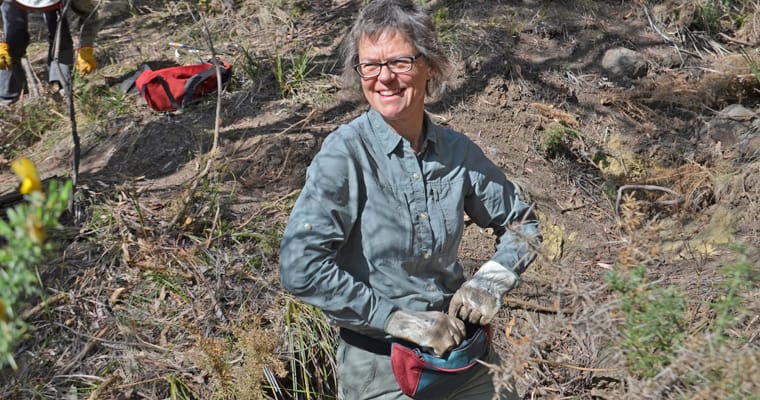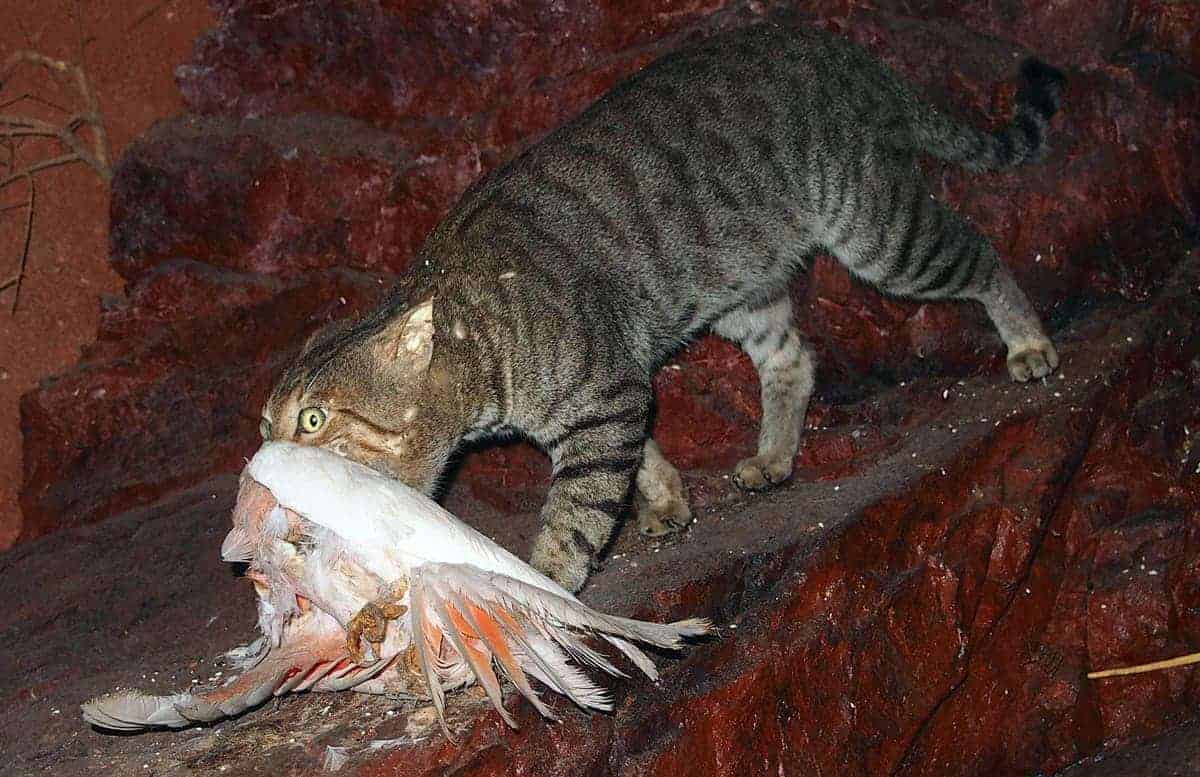Leaders from Australia’s environment sector have delivered a set of recommendations to the government ahead of its three-day economic roundtable this week.
The recommendations followed an environmental economic reform roundtable convened on Friday by the environment sector, in response to concerns over the lack of environmental input into the Treasurer’s Canberra event.
The roundtable was attended by CEOs and policy leaders from 25 organisations with key roles in nature conservation and land management in Australia, including Greening Australia, the Indigenous Desert Alliance, the North Australian Land and Sea Management Alliance, the Biodiversity Council, the Australian Wildlife Conservancy, WWF Australia, The Nature Conservancy, Landcare Australia and NRM Regions Australia.
Australian Land Conserva on Alliance CEO Dr Jody Gunn said:
‘The environment sector had encouraged the Minister for Environment and Water, Murray Watt’s office to hold or cohost a discussion, and whilst this was not taken up, we were pleased to have a representative from Minister Watt’s office attend Friday’s roundtable.
‘Nature’s economic role is too important to leave out of national reform conversations. If we ignore nature, productivity suffers. If we invest in the solutions it brings, we all win – with stronger regional economies, better disaster resilience and healthier communities.
‘Nature is essential economic infrastructure and through the roundtable recommendations, the environment sector is highlighting the need for it to have a key seat at the table for sustainable economic reform.’
Invasive Species Council CEO Jack Gough said:
‘Boosting government funding for practical environmental action can spark a wildlife revival, restore degraded rivers and landscapes and stop the spread of pests and weeds.
‘This needs to be accompanied by workforce planning in the environment and biosecurity sector to address capacity gaps, longer term funding for projects and a focus on prevention and early intervention.
‘When it comes to environment action, governments keep building half a bridge and then wondering why we can’t make serious progress.
‘Let’s get smarter and stop waiting for threats like feral animals or erosion to get out of control before governments fund action. This will save money, save species and build hope.’
Key asks:
- Put nature at the heart of economic planning and reform
Governments should treat nature like any other critical economic asset – forecasting how the loss of forests, waterways, soils and wildlife will impact jobs, exports and the cost of living. - Invest in nature and make it easier for others to do the same
We need more funding from both government and business to protect and restore nature. That means direct investment, smarter policies and reforms that unlock private capital – without letting governments off the hook. - Stop paying for damage, start funding solutions
Right now, public money is still flowing to activities that harm nature. Governments should phase out these harmful subsidies and redirect them into projects that regenerate landscapes and support long-term prosperity. - Strengthen and enforce the laws that protect nature
Environmental laws must be clear, consistent and properly enforced. That includes finishing national reforms, resourcing regulators and creating an independent agency to ensure transparency, accountability and certainty. - Back solutions that work for people, climate and Country
Nature, climate and people are deeply connected. Supporting Indigenous-led land and sea management, aligning climate and biodiversity policies, and ensuring environmental markets deliver real, lasting benefits is critical.
Media inquiries: (02) 8006 5004








